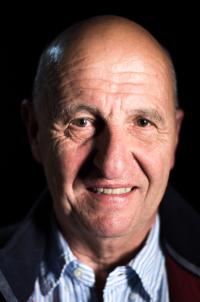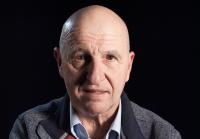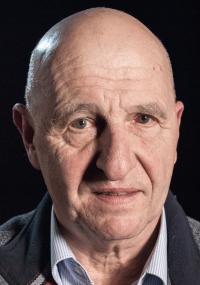Back then, readers knew to read between the lines

Download image
Ondřej Neff was born on 26 June 1945 in Prague to writer Vladimír Neff and theater actress Vlasta Petrovičová. He was growing up in Slapy and later in Prague’s Žižkov quarter where he also attended elementary and grammar school. After graduation he went to study journalism but ever since 1966 also worked in the Czechoslovak Radio where many significant personalities were employed at that time. He is a first-hand witness of the Warsaw Pact armies’ invasion and the occupation of the Czechoslovak Radio building. He then went to do his conscription and as soon as he returned, he was fired from his job. Instead, he began working as a photographer for the Albatros publishing house. He recalls the era as a period of incompetent people taking over key offices. He himself stood in opposition to the nascent dissent, having doubts about the sincerity of their intentions. In the 1980s he worked as a photographer in the Kotva shopping mall and also was writing a photography column for Mladá fronta. Ever since late 1987 he served as an editor of the controversial magazine Kmen, led by Karel Sýs. After the Velvet Revolution his collaboration with Mladá fronta had intensified and he was also present to its irregular privatization. He is among the pioneers of Czech internet as he had founded and still runs the news portal Neviditelný pes. He had received recognition as a writer of sci-fi literature. He also writes and teaches on digital photography.



